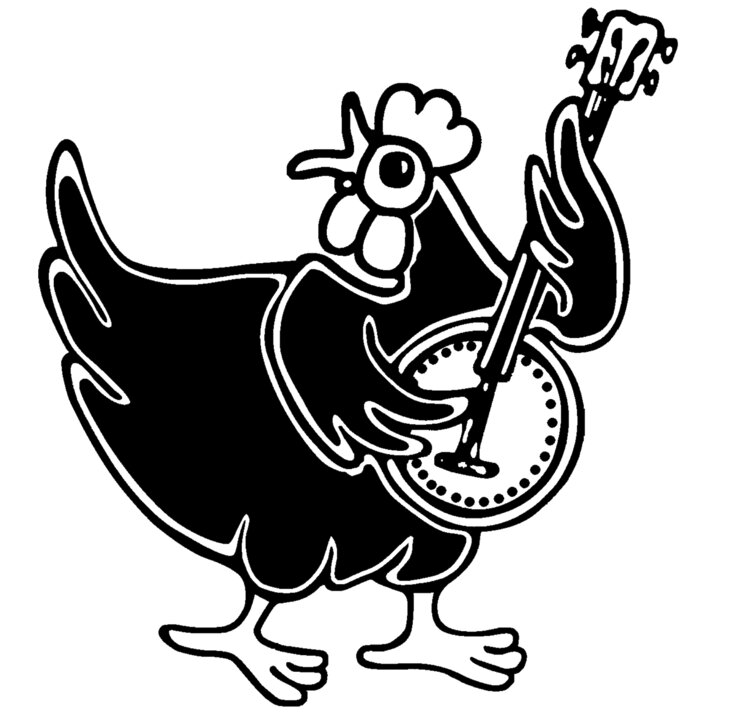Steve Dawson is one of those guys who're just ridiculously talented. When anyone utters the phrase 'Canadian roots music', I immediately think of two names: Colin Linden and Steve Dawson. After a long stint in homeland Canada, where he gathered seven Juno Awards, Dawson relocated to Nashville, Tennessee, and has been setting up shop. Over the years, he's sat in with small and big names, produced quite an array of artists, released five previous solo discs, and issued two drop-dead knock-out tributes: the Things about Comin' my Way: A Tribute to the Mississisppi Sheiks CD (here) and especially the Live in Vancouver: The Mississippi Sheiks Tribute Concert DVD (here). That DVD sits timelessly and warmly in my memory and has done so since the day I tossed it in the player. Man, what a gathering of titan players and what an outrageous display of musical chops that gig was! I haven't seen its like before or since.
Well, Rattlesnake Cage is Steve's sixth solo and it's truly a solo: just him and a guitar, no overdubs, something fans have been waiting on pins and needles for. The guy, as you already know if you're familiar with his catalogue, is an extraordinary fingerpicker, and Rattlesnake Cage brings the old Takoma label's early days screaming right up to the present. Remember when you first heard Leo Kottke? John Fahey? Peter Lang? Toulouse Engelhardt? And if you were aesthetically invested in a bit broader range, reaching across the Atlantic, you also dug John Renbourn, Bert Jansch, and other fine players in the modern urban classical mode (with, of course, generous nods to the Elizabethan on the Brit side and the Appalachian on the American side). Well, all of that is what you get here in a pristinely recorded set of 11 songs…captured by, now dig this, a single Neumann M49 microphone that had been hanging from the rafters of a Detroit church for 50 years. Unbelievably, the thing still grabs sounds so three-dimensionally that you'll swear it's top-shelf Wally Heider equipment.
Dawson wrote and recorded everything here in the latter half of last year in between tours and production work for others, and while most of the cuts are zesty multi-string burners, there's also the meditative Lighthouse Avenue, a slowly shimmering pensée filled with shafts of quiet sunlight and dust motes lazily wafting through the air. You get lots of slide work, too, all over the place. But what, you ask, is my favorite cut? Flophouse Oratory. It faithfully frames not only the vitality of its own main melodics but also the wooden sounds of the fretboard and slide interacting (I love that stuff!, messy and human) and in the mid-section suddenly drops back to a lumberfooted tempo before turning around and peering at the path it traversed, then getting back to business. There's something about that sonic narrative that tickles the hell out of me.
